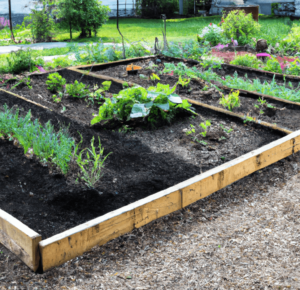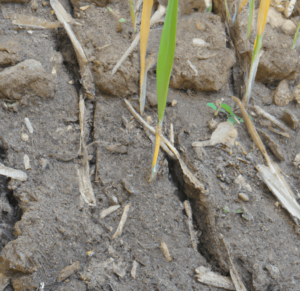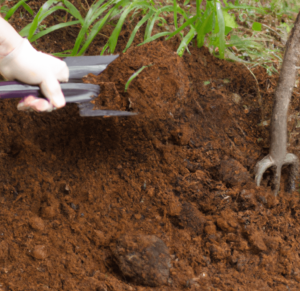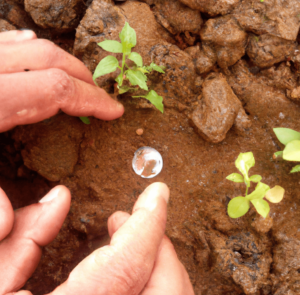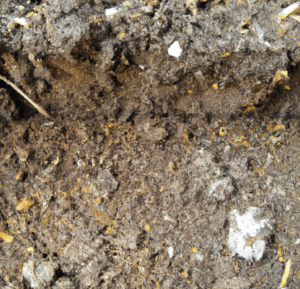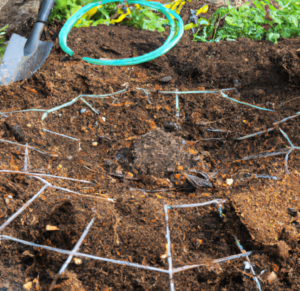In recent years, cover crops have grown in popularity as more gardening individuals explore ways to enhance the sustainability and health of their gardens. But what are cover crops specifically, and why are they so advantageous for gardeners? Let’s take a closer look at the benefits of using cover crops in your garden.
What are cover crops?
Plants known as cover crops are cultivated more for their ability to enhance soil health than for their ability to produce fruits or vegetables. Because they provide organic matter to the soil and enhance its structure, cover crops are frequently referred to as “green manure” because they contribute to soil enrichment. Other advantages that cover crops can offer include lowering soil erosion, controlling weeds, and fixing nitrogen in the soil.
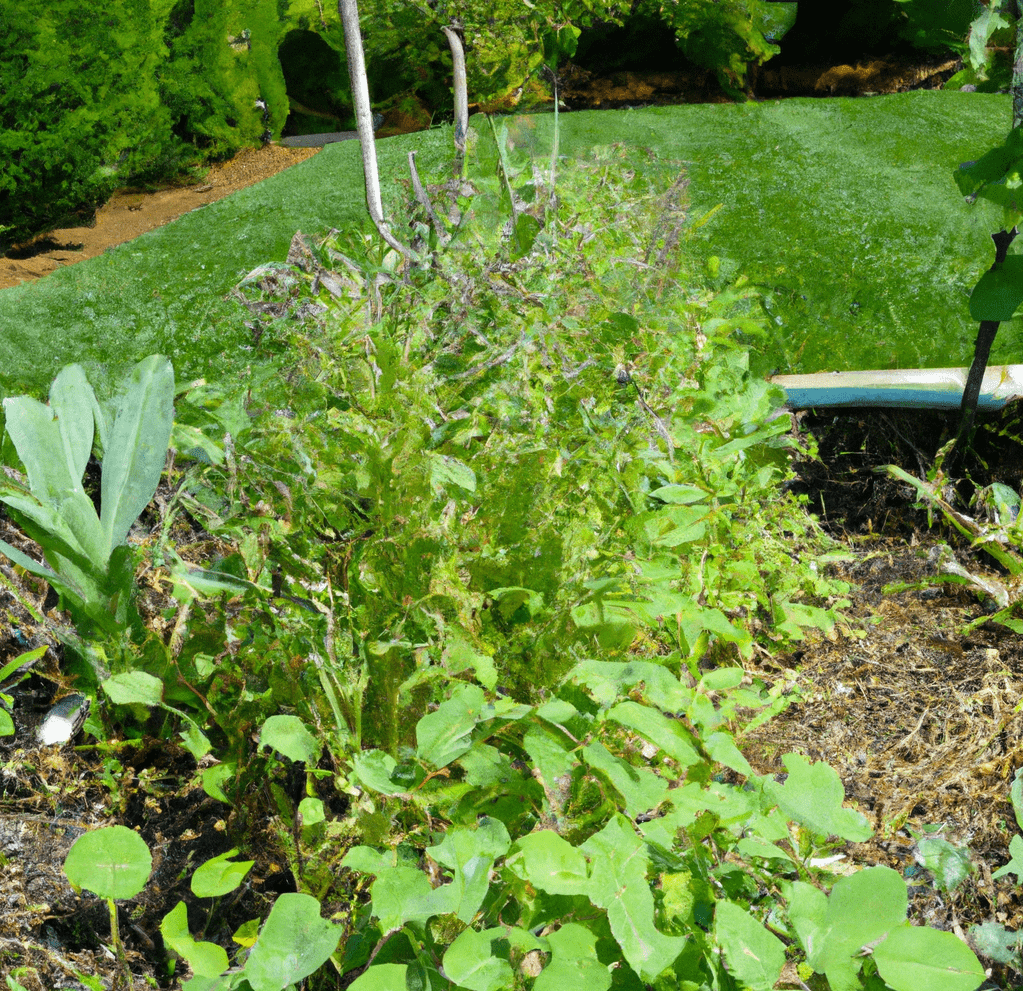
When you’re learning more about the role of soil fertility in plant growth, you want to reap the benefits of using cover crops in your garden:
- Soil Erosion: By stabilizing the soil with their roots and offering a protective layer over the soil, cover crops help to decrease soil erosion.
- Soil Health: By incorporating organic matter, enhancing soil structure, and fixing nitrogen in the soil, cover crops contribute to improving soil health. Plants benefit from this, and gardens are more prolific as a result.
- Water Retention: The improvement of soil water retention through the use of cover crops also helps to reduce irrigation requirements and water runoff.
- Suppression of Weeds: By competing with weeds for nutrients, water, and light, cover crops can help to control weeds. This might simplify garden upkeep and lessen the need for herbicides.
Soil Improvement
A vital component of American agriculture, soil development provides various advantages for sustainable crop production. We’ll go over some of the main advantages of soil improvement methods like cover crops, soil erosion prevention, water management, and fertilizer use in this part of the benefits of using cover crops in your garden:
- Increased Nutrient Levels: Farmers can boost the nutrients in the soil by employing fertilizers, which will improve crop development and production. This is especially crucial in soil that has lost vital nutrients as a result of repetitive crop cultivation or other circumstances.
- Organic Matter: Compost, cover crops, and other organic matter can all contribute to enhancing the amount of organic matter in the soil. Better crop growth is the result of improved soil fertility, structure, and water-holding capacity.
- Preventing Soil Erosion: Preventing soil erosion is important because it prevents the loss of fertile soil and lowers crop yields in American agriculture. Farmers may stop soil erosion and maintain their soil by using erosion control methods like strip cropping and terracing.
- Improved Soil Structure and Water Retention: Adding organic matter to the soil and using cover crops are two soil improvement strategies that can aid the soil’s structure and water retention. As a result, crops have superior growth and yield due to improved water penetration, decreased runoff, and increased water availability.
Pest and Disease Control
Another one of the benefits of using cover crops in your garden is pest and disease control. Effective pest and disease control strategies have two advantages: they lessen the need for chemical pesticides and they encourage natural pest control.
- The use of cover crops is one strategy for controlling pests and diseases. These crops are interplanted with the main crops and have a variety of uses, such as reducing soil erosion and enhancing soil quality. They also serve as a natural pest deterrent by lowering pest populations and fostering the emergence of beneficial insects.
- In addition to cover crops, good soil, and water management can also lower the likelihood of pest and disease issues. For instance, using appropriate irrigation techniques can lessen the spread of illness, and preserving a healthy soil structure can help keep pests that are carried by the soil from becoming entrenched.
- Farmers can boost natural pest control and lessen their dependency on artificial pesticides by implementing these techniques.
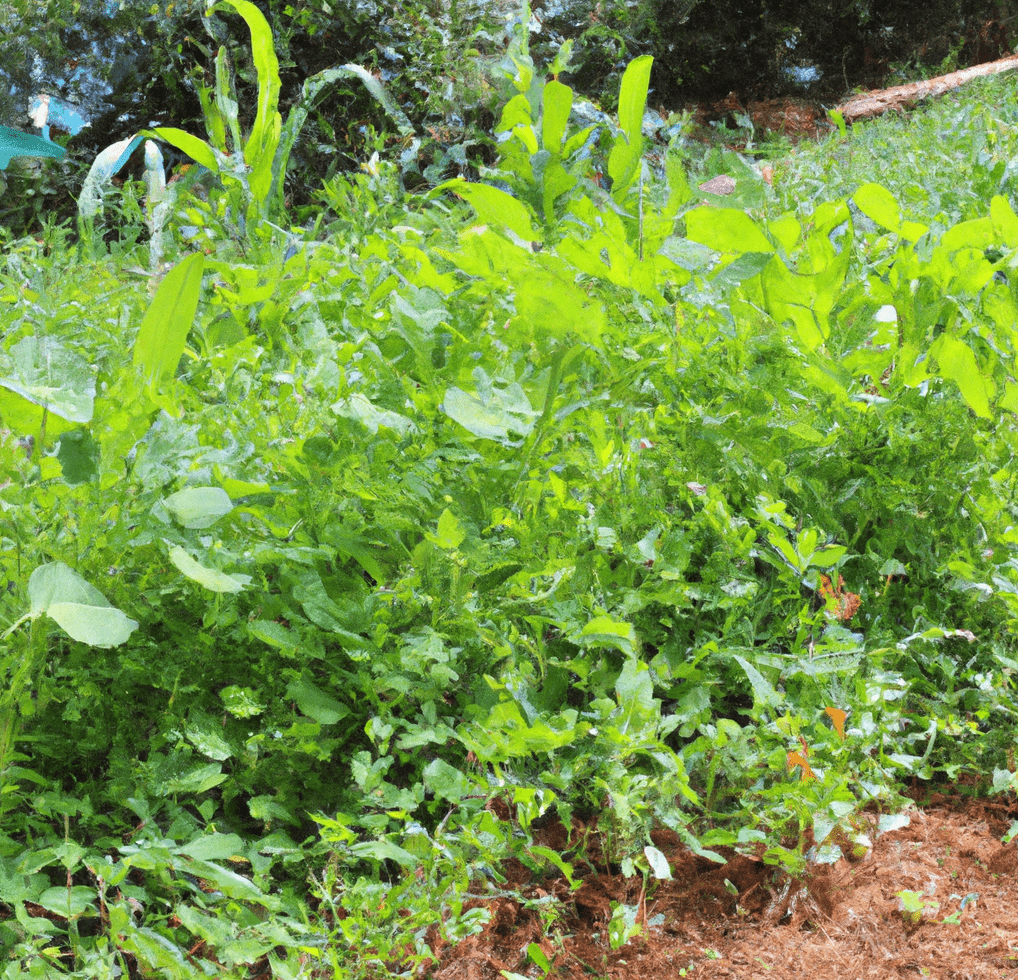
Crop Rotation
Crop rotation is an agricultural practice that involves planting several crops on a specific field over the course of multiple growing seasons in a certain order. Crop rotation has a number of advantages for the health of the soil, the crops, and overall farm productivity.
You can take advantage of the benefits of using cover crops in your garden and crop rotation because of:
- Reduces Soil Erosion: By avoiding planting the same crop in the same field year after year, farmers can lessen soil erosion by rotating their crops. This lessens soil compaction and supports the preservation of the soil’s organic matter, fertility, and structure.
- Improves Soil Health: Farmers can help replace the soil’s vital nutrients and minerals that have been depleted by previous crops by growing a variety of crops in rotation. This can raise the fertility of the soil and improve its general health.
- Crop Health: Crop rotation can improve crop health by preventing the accumulation of pests and illnesses in the soil. Rotating crops can interrupt the life cycles of pests and diseases and lessen the severity of issues since various crops have different pest and disease profiles.
- Increases Fertilizer Efficiency: By rotating crops, different soil nutrients can be absorbed by the various crops. As a result, less fertilizer is required and the fertilizer is more effective.
Cover crops are plants that are grown expressly to enhance the fertility and health of the soil. They can be added as a technique to increase organic matter, enhance soil structure, and lessen soil erosion during crop rotation. Additionally, cover crops can improve soil fertility and decrease the accumulation of pests and illnesses.
Weed Control
Because they compete with crops for scarce resources like water, sunlight, and nutrients, weeds can be a serious issue for farmers. The use of chemical herbicides can be reduced and soil health can be improved, among other advantages, if effective weed control methods are implemented in American agriculture. The benefits of using cover crops in your garden for weed control include:
- Growing cover crops between harvest and planting times can help control weeds by smothering weed seedlings, lowering soil erosion, and improving soil organic matter, among other advantages. Farmers may increase the fertility and health of their soils while lowering their reliance on herbicides and other chemical inputs by planting cover crops.
- By using proper crop rotation techniques and timing your plantings, you can also lessen weed competition. Planting crops on a schedule allows them to compete with weeds for resources like light and water, which minimizes the need for chemical pesticides.
Farmers may increase the productivity and sustainability of their farming operations by managing weeds, which will eventually help the environment and their bottom line.
Climate Change Mitigation
Farmers may help reduce greenhouse gas emissions and enhance the health of the planet by using methods that improve soil health, lessen soil erosion, and increase carbon sequestration. The benefits of using cover crops in your garden include being good for the environment:
- Stored carbon: Increasing the amount of carbon stored in the soil is one of the most efficient ways to reduce the effects of climate change. Reduced tillage, cover crops, and the use of organic fertilizer are among the techniques that can help with this. Farmers can sequester more carbon by enhancing the soil’s organic matter content and soil health, which can assist to lessen the consequences of climate change.
- Reduced Greenhouse Gas Emissions: Agriculture has a significant contribution to make in the effort to lessen the effects of climate change. This can be done by employing tactics including cutting back on the use of fossil fuels, applying fertilizer more effectively, and planting cover crops to prevent tillage.
- Planting trees and other plants is another way that farmers may contribute to the fight against climate change. In order to lower the amount of carbon in the atmosphere and lessen the effects of climate change, trees, and other vegetation take carbon dioxide from the air and store it in their tissues and roots.
Farmers can boost yields and the fertility and productivity of their farms by reducing soil erosion and enhancing soil health. Farmers can save money by using organic fertilizer, which can also increase the health of their crops and lessen the need for synthetic inputs.
Bottom Line: The Benefits of Using Cover Crops in Your Garden
The enhancement of soil health in your garden is one of the benefits of using cover crops in your garden. By increasing the amount of organic matter in the soil, cover crops serve to increase the soil’s structure, fertility, and water-holding ability. This is crucial for growing robust, healthy plants since plant and soil health are interdependent.
Additionally, by minimizing wind and water erosion and improving water uptake and retention, cover crops assist to keep the soil moist for extended periods of time and make it more drought-resistant. The potential of cover crops to enhance water management in the garden is another important advantage. By minimizing runoff, which makes water available to plants for longer periods of time, cover crops aid in reducing soil erosion. This lessens the need for water, conserves resources, and lowers the possibility of plant stress during dry spells.
Using cover crops is something you should think about if you want to increase the productivity and health of your garden. You may get guidance on choosing the best cover crops for your region and how to use them in your garden from your local extension office or garden center.
FAQs on The Benefits of Using Cover Crops in Your Garden
What are cover crops?
Instead of being cultivated for the goal of producing fruits or vegetables, cover crops are grown to improve the health of the soil. Due to their capacity to add organic matter and improve soil structure, they are also known as “green manure.”
What are the benefits of using cover crops in your garden?
Reduced soil erosion, weed control, nitrogen fixation, improved soil health, water retention, and pest and disease prevention are just a few of the benefits of using cover crops in your garden.
How do cover crops stop soil erosive processes?
Cover crops aid in reducing soil erosion by protecting the soil with a protective layer and stabilizing it with its roots.
How do cover crops enhance the health of the soil?
Cover crops help to improve soil health by adding organic matter, strengthening soil structure, and fixing nitrogen in the soil. Better plant development and more fruitful gardens result from this.
How do cover crops aid in the storage of water?
Utilizing cover crops to increase soil water retention also aids in lowering irrigation needs and water runoff.
How do cover crops aid in weed management?
Cover crops can aid in weed management by vying with weeds for nutrients, water, and light, making garden upkeep easier and lowering the need for herbicides.


